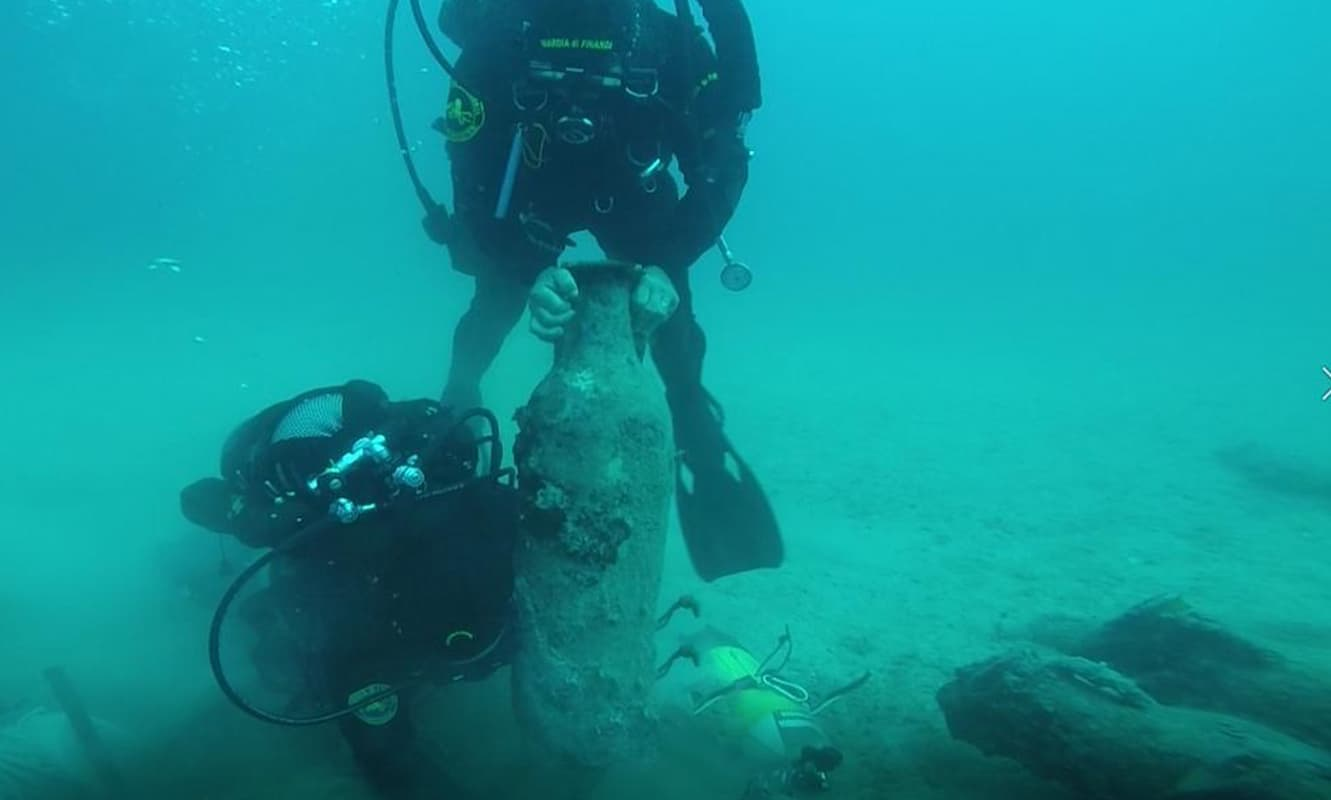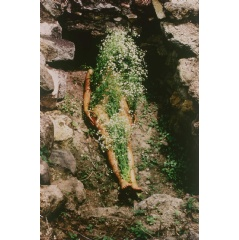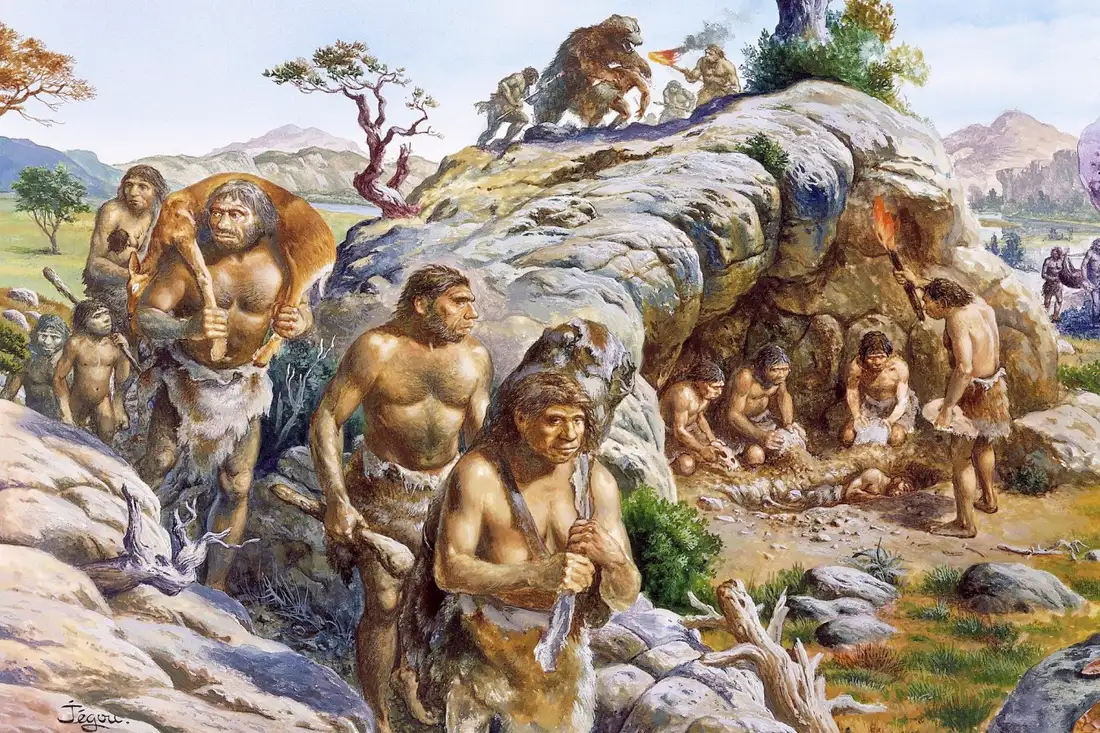Introduction
Theater, as a dramatic and performative art form, finds its roots in ancient Greece, where it evolved from religious and communal rituals into a structured cultural institution. The origins of Greek theater date back to the 6th century BCE, emerging primarily from religious festivals dedicated to Dionysus, the god of wine, fertility, and revelry. Over time, these performances developed into a formalized art form, shaping the foundation of Western drama and influencing theatrical traditions for centuries.
Religious and Ritualistic Beginnings
The origins of Greek theater are deeply intertwined with religious ceremonies, particularly the Dionysian festivals. The Dionysia, held in Athens, was a grand festival in honor of Dionysus, where performances of dithyrambs—choral hymns sung in his honor—played a crucial role. These dithyrambs gradually evolved into theatrical performances with structured narratives and characters.
Another significant festival, the Rural Dionysia, celebrated in the countryside, also contributed to the theatrical tradition. During these festivals, participants wore masks, engaged in processions, and performed choral odes that depicted mythological and heroic stories. Over time, these performances incorporated dramatic dialogues and storytelling elements, leading to the birth of tragedy as a formal genre.
The Development of Tragedy
The transformation of religious rituals into structured drama is often attributed to Thespis, a playwright of the 6th century BCE, who is believed to have introduced the first actor separate from the chorus. This innovation allowed for dialogue between the performer and the chorus, effectively creating the foundation of tragic drama.
By the 5th century BCE, tragedy had become a sophisticated literary form, primarily developed by three renowned playwrights:
Aeschylus (c. 525–456 BCE) – Known as the “Father of Tragedy,” Aeschylus expanded the number of actors from one to two, thereby allowing for more complex interactions between characters. His works, such as The Oresteia trilogy, focused on themes of divine justice, fate, and human suffering.
Sophocles (c. 497–406 BCE) – Introduced a third actor, further advancing character development and dramatic conflict. His tragedies, including Oedipus Rex and Antigone, explored moral dilemmas, human psychology, and the limitations of fate.
Euripides (c. 480–406 BCE) – Pioneered psychological realism and introduced unconventional themes. His works, such as Medea and The Bacchae, portrayed complex emotions and questioned traditional religious beliefs.
The Evolution of Comedy
Comedy, another major theatrical genre, developed alongside tragedy but served a different purpose. Early Greek comedy, known as Old Comedy, was satirical and often political. Aristophanes, the most famous playwright of this era, used humor to critique Athenian society, politics, and prominent figures in plays like Lysistrata and The Clouds.
By the 4th century BCE, New Comedy emerged, shifting from political satire to domestic and social themes. Menander, the leading playwright of New Comedy, focused on everyday life, mistaken identities, and romantic misunderstandings, influencing later Roman and Renaissance theater.
The Theatrical Experience: Structure and Performance
Greek theater was performed in open-air amphitheaters, with the Theatre of Dionysus in Athens being the most famous. These venues could accommodate thousands of spectators, emphasizing the communal aspect of drama.
Key elements of Greek theater included:
The Chorus – A group of performers who provided commentary, sang odes, and interacted with the actors, representing the collective voice of society.
Masks and Costumes – Actors wore elaborate masks to project their characters' emotions and amplify their voices. Costumes also played a role in distinguishing characters and emphasizing their social status.
The Three-Actor Rule – By the classical period, a maximum of three actors performed all the roles, utilizing masks and costume changes to portray different characters.
Conclusion
The origins of theater in ancient Greece reflect a profound evolution from religious rituals to an enduring cultural institution. Through the pioneering works of tragedians like Aeschylus, Sophocles, and Euripides, as well as comedic playwrights like Aristophanes and Menander, Greek drama established the foundations of storytelling, character development, and performance that continue to influence modern theater. The legacy of Greek theater is evident in contemporary drama, film, and literature, proving that its origins remain a vital part of artistic expression today.







